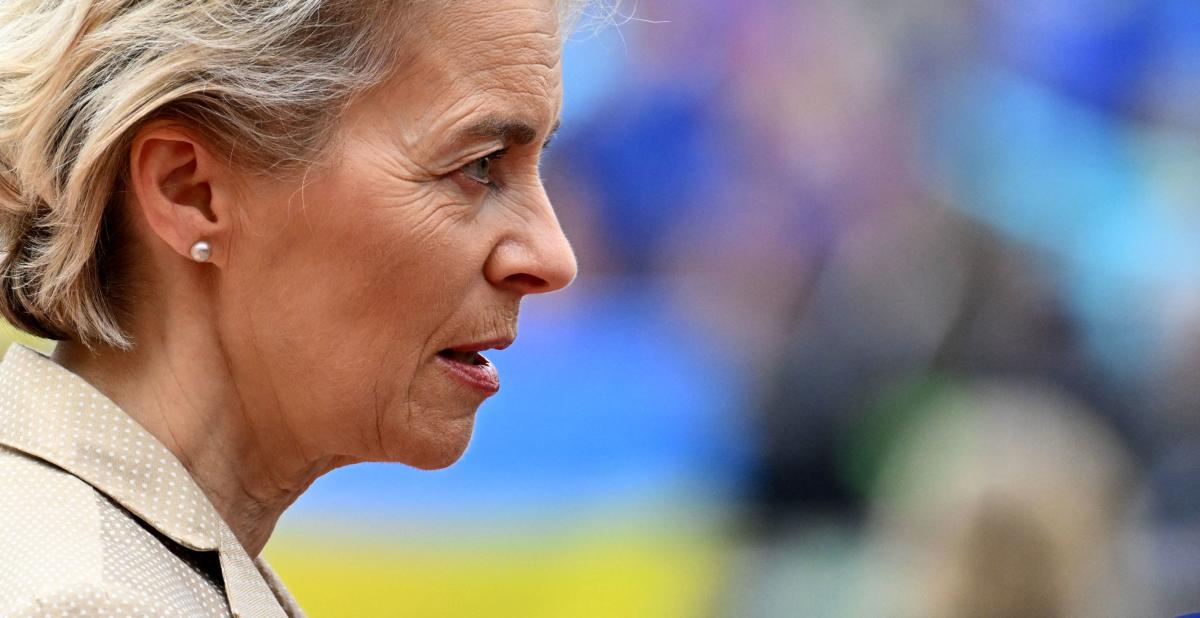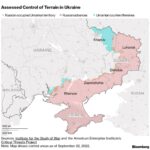
(Bloomberg) — European nations criticized Germany’s €200 billion ($196 billion) aid package to shield consumers and businesses from gas price spikes, saying it’s a warning sign for the European Union to act quickly to address the crisis.
Most Read from Bloomberg
While the EU hashes out measures to try to lower soaring energy costs, countries are rolling out their own fixes to contain the crisis. Policies made at a national level threaten solidarity, risk distorting markets and disrupting cross-border flows of power and natural gas, according to the leaders of several EU countries who were meeting at a summit in Prague on Friday.
“We are definitely against any attempts to damage the European internal market and the damage is going to happen if the German government will be able to go-alone with exclusively subsidizing its companies,” Polish Prime Minister Mateusz Morawiecki told reporters. Businesses in other nations “will be at a big disadvantage,” he said.
The EU is trying to come to a consensus on a broad gas price cap at the meeting. European Commission President Ursula von der Leyen has said the EU needs to consider a temporary price limit in relation to the benchmark contract for gas, but EU leaders have yet to coalesce around any specific proposal, and many remain worried that any such step could threaten supplies to the region.
‘Heated’ Talks
Morawiecki said discussions in Prague will be “heated.” Lithuanian President Gitanas Nauseda stressed the need for better coordination on the type of aid for companies to keep a level playing field, while Slovakia’s Eduard Heger said that Europe can’t survive without solidarity.
Austrian Chancellor Karl Nehammer described the German package as a “wake-up call” for the EU’s executive arm.
“If the commission doesn’t get on with things, the member states will take national actions, as we can see right now,” he said.
Energy supplies could prove to be a test for Europe’s solidarity this winter if rationing is needed. Germany and the UK have raised concerns about flows of electricity between countries petering out if it’s cold and there’s not much wind. French President Emmanuel Macron stressed that solidarity must be upheld.
“For me, it’s essential that we react as Europeans, that is to say, together,” Macron said in an interview with Czech newspaper Hospodarske Noviny.
Supplier Impact
There are concerns that a price cap would make Europe less attractive to exporters of pipeline gas like Norway and liquefied natural gas from Asia. Romanian President Klaus Iohannis said experts need to weigh in on how a price cap would affect the market, adding that “we need to make sure this measure doesn’t impact suppliers important for us such as Norway.”
The EU and Norway agreed earlier this week to discuss ways to limit price volatility, but gas-producing nations have been leery about countries pushing for a more formal price-cap mechanism.
“We have to know we’re not the only customers in the world,” Xavier Bettel, Luxembourg’s prime minister, said. “So we have to be very careful about decisions that we take that sound good on paper but where consequences can be problematic.”
The bloc will be discussing possible ways to design a price cap over the next two weeks, Slovenian Prime Minister Robert Golob said, with leaders scheduled to meet again for a summit in Brussels on Oct. 20-21.
“Member states are now willing to discuss the price cap,” said von der Leyen. “The when and the how will be discussed so I’m confident that we will come to a good conclusion.”
(Updates with a comment from the Polish premier in the third paragraph.)
Most Read from Bloomberg Businessweek
©2022 Bloomberg L.P.




